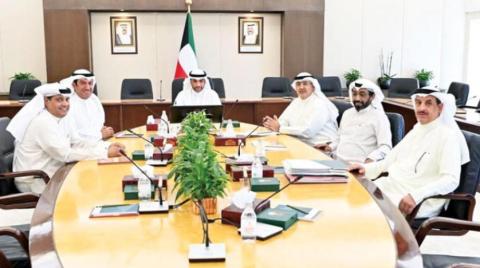
Electoral concerns prevented Lebanon’s main political parties from protecting their alliances during next May’s parliamentary elections, even if such disputes had emerged earlier in the ranks of the March 14 forces.
Those concerns lately reflected on the lists of the Hezbollah-led March 8 forces, which also proved incapable of forming lists in several main electoral districts, such as the Akkar-Tripoli, the Chouf-Alley, the West Bekaa and Beirut.
State Minister for Parliament Affairs Ali Qanso, who represents the Syrian Social Nationalist Party in the government, told Asharq Al-Awsat on Monday that in the ranks of the March 8 forces, the picture is not as bad as represented by some.
“The crisis among those forces is not considered much aggressive compared to the complicated electoral law, which encourages competition in the same list, for including the preferential vote,” Qanso said.
Despite his attempts to transmit an optimistic atmosphere, the minister, who is close to the Syrian regime, could not deny that the creation of lists are governed by the presence of “electoral interests and a race over the preferential vote.”
He said that in Akkar and the Chouf-Alley districts, the March 8 alliance is close to announcing its lists after almost reaching an agreement with the Free Patriotic Movement.
Also in the ranks of the March 8 forces, observers question the reasons that drove the Lebanese Democratic Party headed by Minister Talal Arslan to slow down his alliance with forces from the same political line, such as former minister Wiam Wahhab and the SSNP.
MP Fadi Aour, member of Arslan’s parliamentary bloc, told Asharq Al-Awsat that the reason behind the slow down is mainly due to the new electoral law, which encourages parties to show their size and strength through individual lists.
“Competition is normal in the presence of the current electoral law, which has become a problem, instead of being an achievement,” Aour said.
Disputes concerning electoral deals among allies drove question marks on whether the results of the elections could remove their strong political alliance, which has been built since 2005.
“There won’t be any dismantling of the March 8 alliance,” Qanso said, pointing out at the much worse conflicts already present among the ranks of the March 14 forces, particularly between the Mustaqbal and the Lebanese Forces and between the Lebanese Forces and the Phalange party in the majority of electoral districts.










